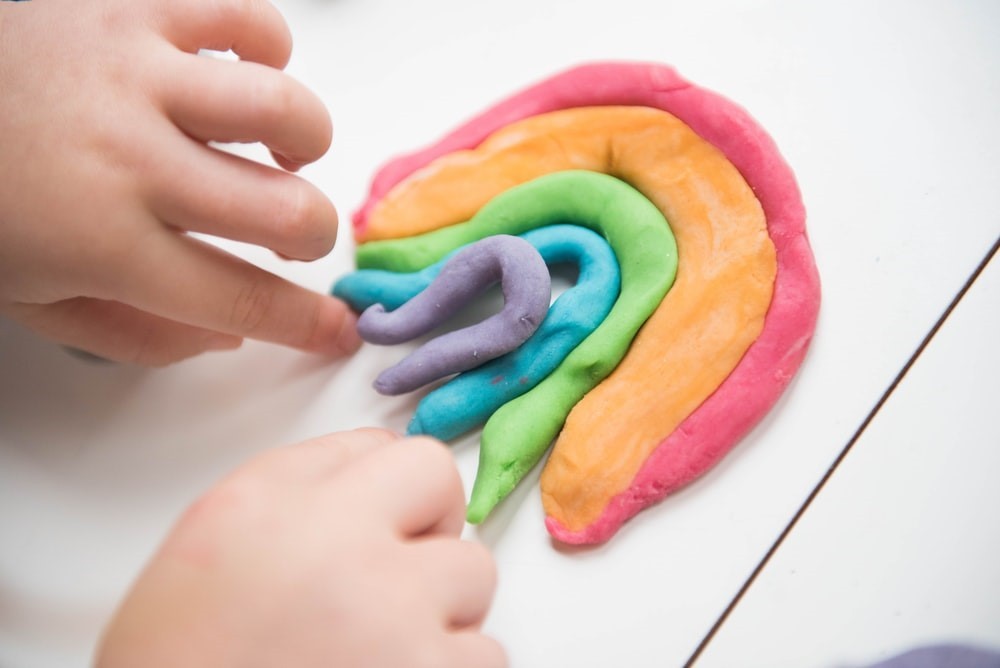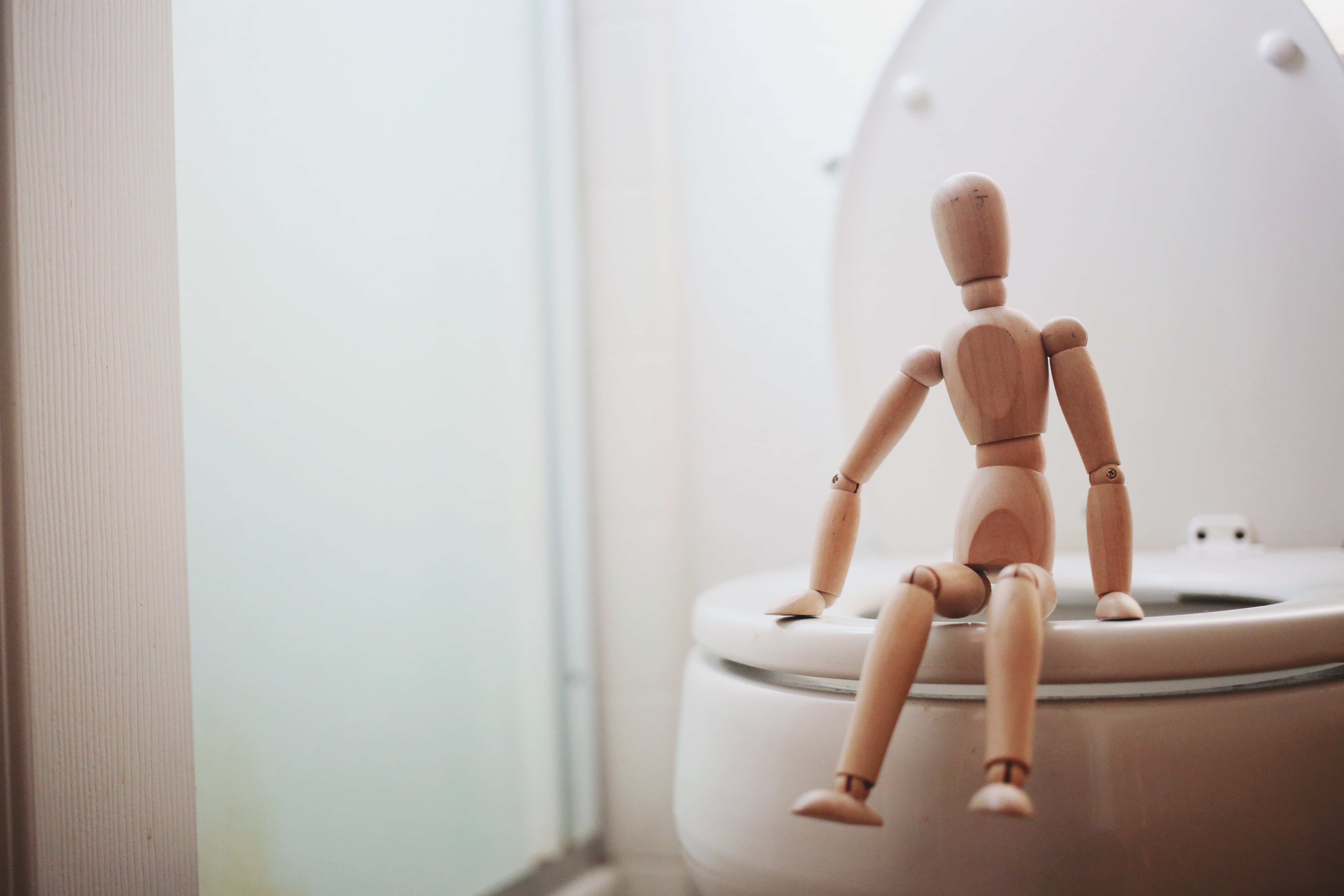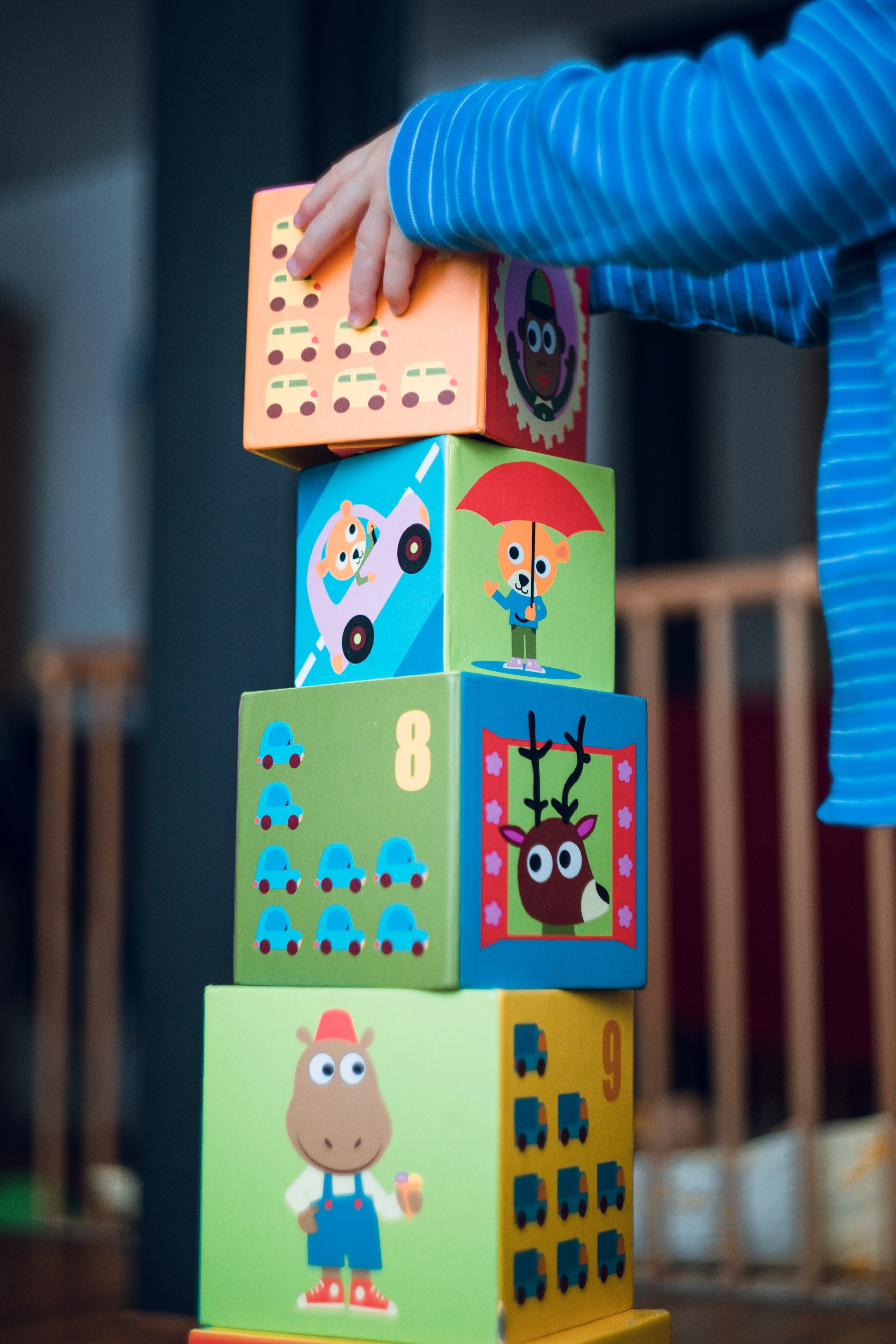
by p2_developer | Dec 15, 2021 | Anxiety, Children, Emotions
Anxiety disorders are the second most common childhood mental illness in all children and the most common among girls (AIHW, 2020). Anxiety includes 3 aspects: physiological (rapid heartbeat, stomach aches, sweating) cognitive (thoughts) ...

by p2_developer | Dec 2, 2021 | Children
Proficient fine motor skills are necessary for many daily skills such as using scissors to cut paper, holding a pencil to write and draw, opening and closing scissors, doing and undoing buttons and zips and engaging in building/construction play. Fine motor skills...

by p2_developer | Nov 25, 2021 | Children, Emotions, Neuroception
Neuroception, as described by Dr Stephen Porges “is a neurobiological process, programmed into our DNA, which helps us evaluate our environment and distinguish whether the situations or people around us are safe, dangerous or life threatening. Neuroception is...

by p2_developer | Nov 15, 2021 | Children, Toileting
There are many reasons why toileting is a tricky thing for a child. It can be difficult to understand what the underlying causes are. To develop continence, a child needs to be able to have control of their bowel and bladder, understand the toileting routine,...

by p2_developer | Nov 4, 2021 | Children
Dr Jean Ayres, founder of Sensory Integration Therapy coined the term Gravitational Insecurity (GI) in 1972. Gravitational Insecurity is an exaggerated emotional or fear response to movement experiences, and is considered a vestibular-based sensory integration deficit...

by p2_developer | Oct 28, 2021 | Children, Emotions
Often when people think about social skills they look at categories of play (practice play, constructive play, symbolic play and games with rules) and stages of social play (unoccupied play behaviour, onlooker play, solitary independent play, parallel play,...







